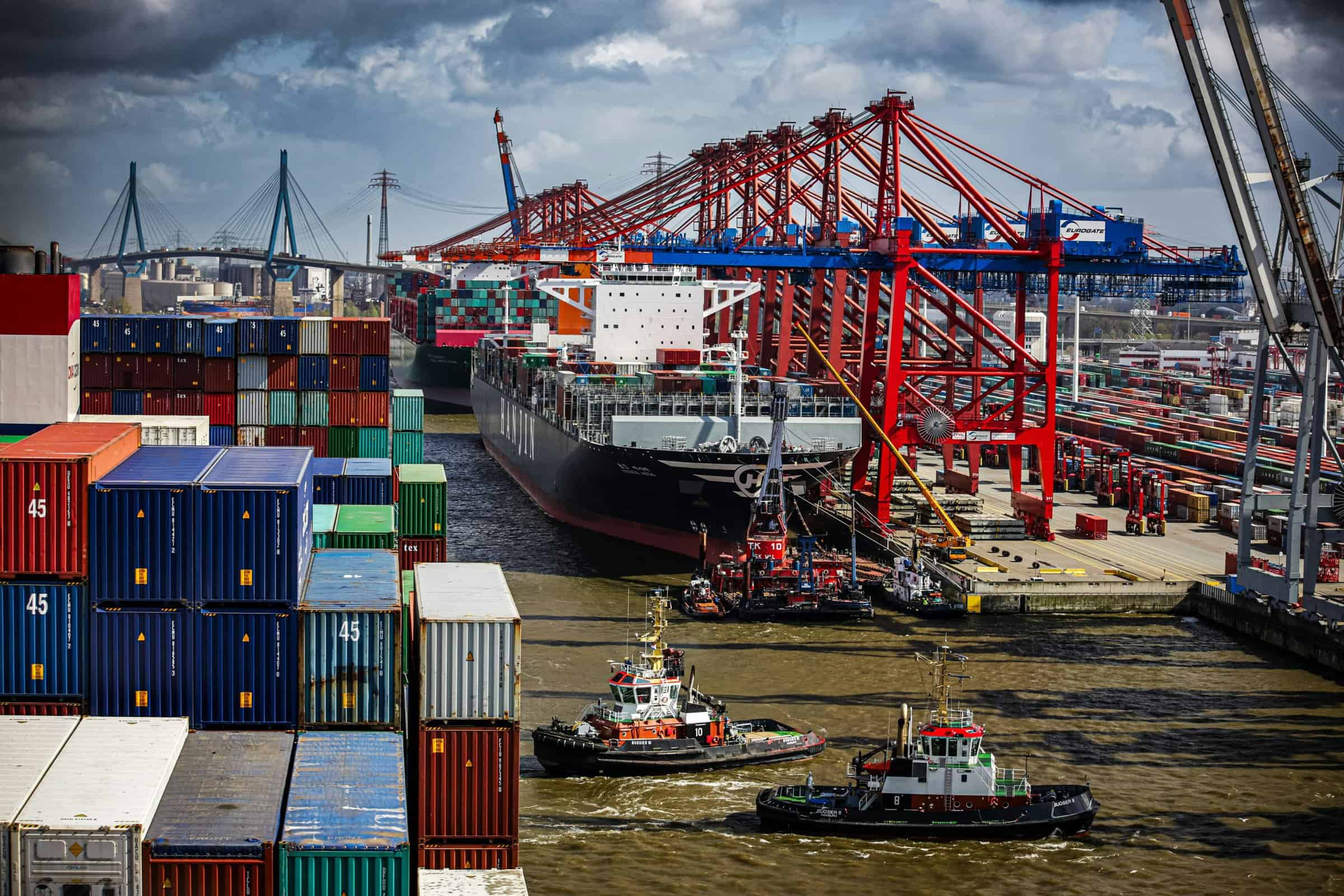The wait for your furniture to arrive: How do you choose an international shipping company?
Many South Africans who move abroad have been waiting for months for their furniture to arrive. This causes stress and it becomes an endless struggle to locate your possessions and to connect with the correct agents.
How do you choose an international transport company?
The problem with most international transport companies is that the different roles during the shipping are normally contracted out or that these do not have a footprint in the country to which you are relocating. First, it is important to understand who the different role-players are that will be responsible for your move.
- Consignee or sender – For commercial cargo, the sender and the consignee are two different parties, but in the case of relocation, you will be the sender as well as the consignee who will have to receive the cargo.
- Transport company – The role of the transport company is to help you with the shipping process. This entails the organisation of the transportation of your cargo from your house via the warehouse to the eventual destination. It is the transport company’s responsibility to inform you of any documents that you’ll need. They must also inform you if any changes occur and liaise with other parties involved in the move. The purpose of the transport company is to ensure a one-stop contact point for all queries you may have on your relocation.
- Deliveries – The transport vehicles that transport your cargo from the harbour to the warehouse or the final destination can also be a different company, and may not necessarily be the transport company that you appointed in the beginning.
- LCL consolidators – When sending your possessions abroad, you have a choice between an FCL (full container load) or LCL (less than container load) option. FCL means that you use a complete shipping container exclusively for your own possessions, while LCL refers to the option to share a shipping container with other people to save on costs. The role of consolidators is to subdivide your cargo with other cargos to ensure that you pay as little as possible.
- Shipping company – The role of the ship that transports your cargo is simply to upload and later offload the shipping containers. You should confirm with the shipping companies that there is enough space on the ship.
- Agents – Because every country has its own rules and regulations in terms of customs, import control regulations and tax, there are agents who often help with this administration.
- Customs authorities – The customs authority is the party that confirms that the required documentation accompanies every load and has the power to approve the entry of goods into the country or not.
Now that you understand the role-players, it is quite understandable that information can very easily fall through the cracks. The problem is that transport companies often work with agents to represent them in certain countries. When problems occur, it is quite possible that your transport company and the agencies never communicate efficiently. Contracted-out agencies can take changes by charging additional fees to finalise administration. It is therefore very important to use a reputable transport company.
Choosing a transport company to handle your cargo:
- Find out if the transport company uses other agents and if they have a footprint in the country you are moving to. It is much easier to sort out problems when the transport company is your only point of contact.
- Ensure that the company has at least 10 years of experience in the transportation of international cargo.
- Does the company have OMNI membership, or is the company a registered international transporting company?
- Is the transport company a member of FIDI, the largest independent alliance of international transport companies?
- See if there are positive online reviews of the company. You can also enquire from other emigrants on applicable Facebook groups who have made use of their services.
- Ask the transport company for references from other clients that you can contact.
- Ensure that the company offers insurance on your possessions.
- Do your homework and ensure that it has an ISO 9002 certificate.
Handy tips to prevent surprises:
- Request a comprehensive quotation in advance that includes the following: all harbour, terminal, store, warehouse and customs costs, the handling of documentation, the physical cargo transport costs and the delivery costs from the harbour to your house.
- Do the packing of your shipping container yourself to cut costs.
- When your possessions are being loaded, request that all your furniture are measured and weighed there so you know exactly what you will be invoiced. This prevents any mistakes from being made if they were to measure and weight it at the warehouse, and then you have no proof to the contrary.
- Read through the insurance documents and make sure that you are informed of what damages will be covered, and what not.
- Wait until about seven weeks before you fly out to book airplane tickets. It is the least expensive time to book tickets. Sundays are also the best day of the week to book.
To leave all your possessions in someone else’s hands takes great trust. The best insurance is to talk to other people who have already been through the process. To pay the lowest price is not always the best option, and although transport by sea is much cheaper than by air, it is no excuse to wait longer for your possessions than what you were promised.
Photo: Bernd Dittrich/ Unsplash
Share on
Latest articles




















